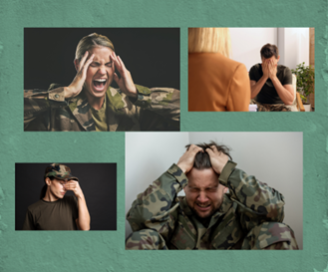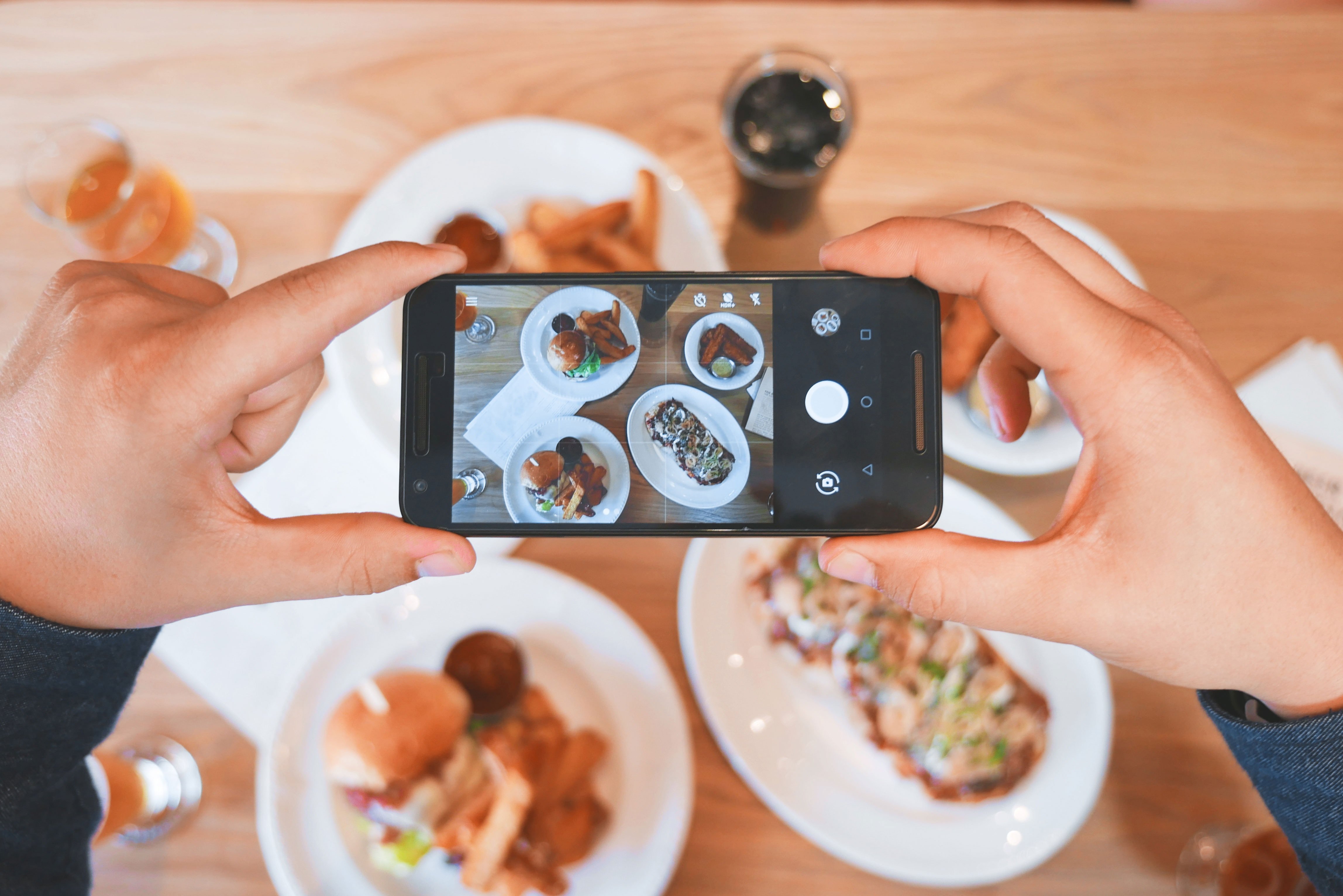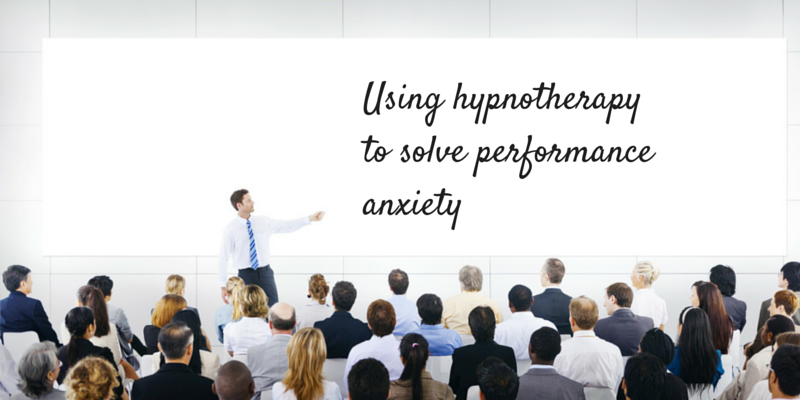Stop the social media negativity addiction cycle with Heart-Centered Hypnotherapy
Stop the social media negativity addiction cycle with Heart-Centered Hypnotherapy
Social media as an addictive substance
You might think social media is a necessary “evil,” and to a large degree, it’s true. For those of us who can pop on and off various social platforms and get right back to real life, it’s not such a big deal. It can be a convenient way to connect with the rest of the world, and sometimes it’s even fun.
But...for our clients and patients who can’t walk away from their connections to social media, or who get embroiled in the negativity that abounds there, it’s a huge source of difficulty. There is an addictive quality to all human interaction with electronics. This article from Johns Hopkins outlines the kinds of “highs” those addicted to social media get from every friendly “fix” of facebook, TikTok, or Instagram.
Social media junkies crave the attention and reinforcement that come from “likes” and they feel compelled to stay connected to all their virtual friends. Their moods seem to shift along with the levels of activity on their accounts, and being on social media allows them to avoid the basic ups and downs of everyday life. Yes, this odd way of connecting actually leads to widespread and seriously debilitating effects, including dissociation.
There’s even evidence that social media addicts experience the same kind of “feel good” effect other addicts get as a result of the increased intensity of dopamine transmitters that elevate mood...until they don’t. When the addict withdraws from the reward-inducing behavior, there can be an actual chemical withdrawal in the addict’s brain.
Social media negativity
Perhaps one of the most harmful effects of online communication in general, and social media in particular, is the way people can strike out at one another without much threat of physical recourse. There is also some idea that everyone needs to spew opinions, judgments, and admonitions, on top of poorly lit photos of what they cooked for dinner.
The arguments that take place online escalate quickly. There’s no acknowledgment of one person’s opinion before a vehemently opposing one is forcefully posted. People who have been friends for years wind up at one another’s throats because of a slight difference in political opinion. Some even fight over fashion, childrearing and recipes! Then comes the unfriending, the blocking, and the trolling. What motivates people to do these things? Better yet, how do we stop the addictive cycle of social media?
Put an end to social media madness
Most sources, including Johns Hopkins, suggest that we just...STOP. Place limits on social media time, restrict the number of apps we use, and if the temptation is still too strong to resist, put the phone away where it can’t entice you to look at how many likes you got on the picture of you and your dog.
While this might work in part, simply reducing or altering the behavior isn’t always enough. Most of us have experienced the reality that “cutting down” on food, alcohol, or even cigarettes, is rarely a permanent solution that allows us to regain control over our compulsions.
Bargaining with that addictive impulse, or even meting out the amount of time we allow ourselves to indulge in our secret social media pleasures, won’t solve the problem. Rather than fight a constant battle along these lines, wouldn’t it be more productive to win the war by vanquishing the impulse? Of course it would, and fortunately, there is a better way.
Hypnotherapy: getting to the source
Obviously, the behavior that many people indulge in while they’re on social media fails to fall into the category of “adult.” It could be that, in their effort to get that extra dopamine, younger versions of themselves could be acting out old scripts.
Maybe a person felt they were in such a repressive family situation, their voice didn’t matter. They could carry this faulty memory with them throughout their education and professional lives and into all their relationships. But now, with social media, everybody has a voice! It’s not surprising, then, to find someone you only thought was a rational adult rail at you over social media as though he or she were still a six year old! They’re finding a way, albeit childish, to finally use that voice.
Still, this is not very productive. Unconscious behavior of this sort is almost sure to lead to trouble on social media, and in real-life relationships, too. In Heart-Centered Hypnotherapy, we observe and understand how old memories of having our voices repressed, or perhaps being told we didn’t matter, can affect us as adults.
Heart-Centered Hypnotherapy allows clients to be regressed back to the moments in time when those faulty messages were planted in the subconscious mind. In the regressed state, hypnotherapy clients are able to release their emotions in healthy ways, by saying what they wish they had said, allowing themselves to cry, or otherwise releasing the negative impressions from their bodies.
Then, the Heart-Centered hypnotherapist works with the client to develop new ways of thinking. That’s how “My voice doesn’t matter, so I have a compulsion to opine on social media” becomes “I am important, and I will say positive, valuable things to the people I have around me.” Another set of old and new conclusions might be turning “I need reinforcement from social media to make me feel good about myself” to “I can feel good about myself because of my connection to the highest, most loving parts of my being.”
Heart-Centered Hypnotherapy is a true gift to those who suffer from an addiction to social media and its negativity, as well as all compulsive habits, and also to therapists who seek to help them clear it. Wouldn’t you like to have the ability to get to the source of your clients’ need for reinforcement and their desire to spew negative messages, so they can stop engaging in such destructive, maladaptive behavior?
Sign up for The Wellness Institute’s Six-Day Hypnotherapy Training and Certification Course now!
You’ll get:
- Comprehensive training in a new modality that will broaden your therapy practice, in just six days
- An opportunity for personal as well as professional transformation
- New ways to treat codependency, addiction, trauma, abuse, eating disorders, and relationship issues
- Fast and easy certification
- Access to a huge community of practitioners and training to deepen your skills and personal growth
Classes are filling up faster than ever, so enroll today!








